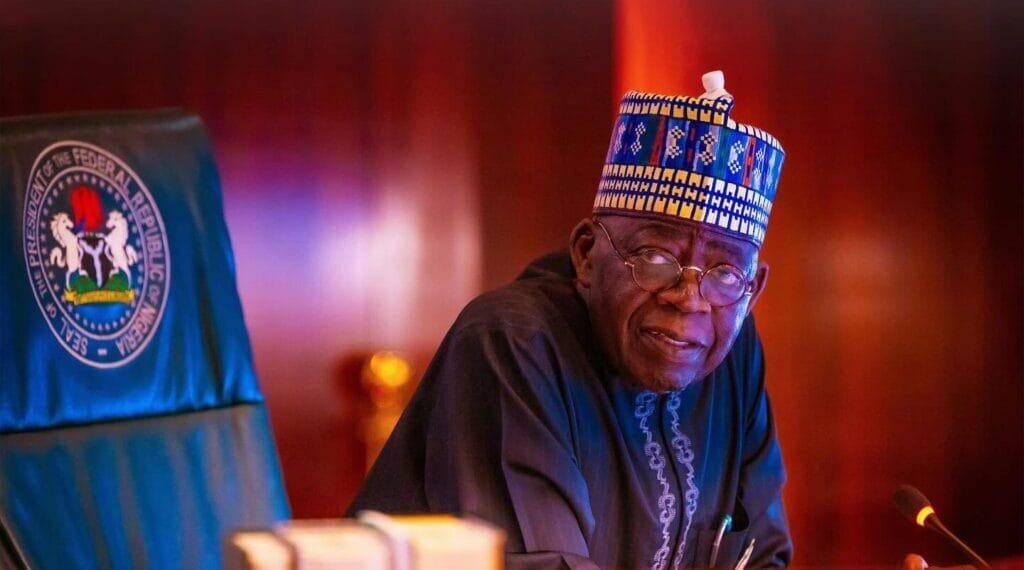The Nigeria’s Minister of Finance and Coordinating Minister of the Economy, Mr. Wale Edun, has said that the sweeping reforms introduced by President Bola Tinubu’s administration are transforming the nation’s economy. Speaking at the Nigerian Economic Summit Group (NESG) National Economic Dialogue in Abuja, Edun emphasized that these initiatives are already driving significant changes in various sectors.
Addressing members of the Organised Private Sector (OPS), Edun called for active participation in the government’s push to diversify the economy. He highlighted the introduction of the US Dollar domestic bond, an innovative financial tool aimed at attracting Nigerian savings from abroad and boosting domestic economic growth.
Acknowledging the ongoing challenges in agriculture, the Minister reassured the nation of the government’s commitment to combating food inflation and enhancing food security. “We are making progress in controlling inflation, and our immediate goal is to make food more affordable,” he stated, underlining the importance of strategic planning and drawing lessons from successful international models.
Edun also commended the NESG for its pivotal role in driving essential economic conversations, reiterating President Tinubu’s unwavering dedication to comprehensive economic reforms. The administration remains focused on attracting foreign investment and taking necessary steps to ensure positive outcomes across various sectors.
Read also: Gbajabiamila unveils 2025 budget strategy, funding to focus on actual needs
Senator Atiku Bagudu, Minister of Budget and Economic Planning, echoed these sentiments in his keynote address, acknowledging the significant challenges facing the country. However, he affirmed that the federal government’s current strategy is yielding positive results. “We understand that tough choices are necessary, and we are seeking resources to offset their impact. Our message is clear: we need to do more, do better, and do it quickly,” Bagudu said.
Femi Gbajabiamila, Chief of Staff to the President, highlighted the collective responsibility of all Nigerians in shaping the future. “The responsibility of answering the hard questions that confront us today lies not only with the federal, state, and local governments but with every Nigerian. The future of our nation is a collective endeavor,” he stressed.
NESG Chairman, Mr. Olaniyi Yusuf, acknowledged the progress made but also pointed out the persistent challenges hindering Nigeria’s development. “Our democracy has matured, and our economy has evolved, but we must address issues like policy inconsistencies, governance deficits, and economic vulnerabilities to achieve sustainable growth,” Yusuf concluded.






